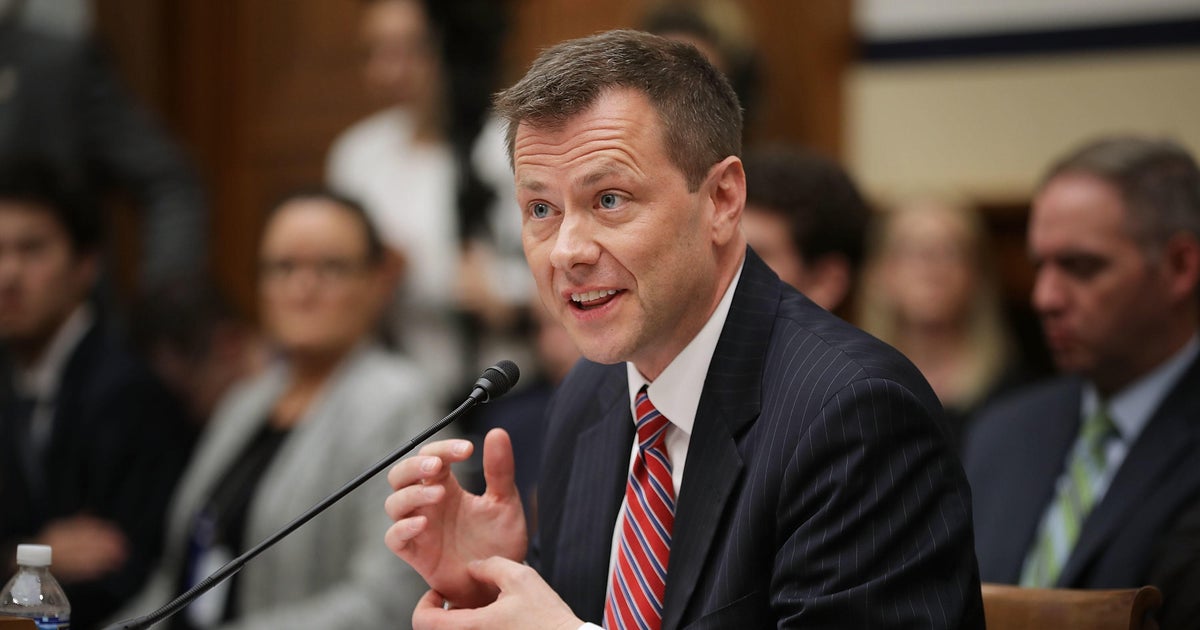Court blocks Trump administration bid to detain migrant families indefinitely
A federal appeals court on Tuesday blocked a set of rules that would allow the U.S. government to hold migrant parents and children in detention indefinitely and said the Trump administration could not use them to terminate a landmark legal settlement.
The San Francisco-based 9th Circuit Court of Appeals said the administration could not discard the Flores Settlement Agreement, a consent decree with protections for minors in immigration custody that the U.S. government agreed to comply with in 1997.
The agreement requires border officials to hold migrant minors in safe and sanitary facilities before transferring them to programs licensed by state agencies to house children while the government seeks to release them to family members or other sponsors in the U.S. In 2015, a federal judge said the protections applied to both unaccompanied children and those apprehended with their parents or legal guardians.
The Trump administration, which has denounced Flores as a legal "loophole" that fuels unauthorized migration of Central American families and children, moved to end it in August 2019 with regulations intended to replace the agreement. It argued that detaining families for the duration of their asylum proceedings would "eliminate the major pull factor fueling" border crossings.
But that effort was blocked in September 2019 by U.S. District Judge Dolly Gee, who found that some of the regulations did not comply with the Flores agreement. On Tuesday, a three-member panel of 9th Circuit judges upheld most of Gee's conclusions.
U.S. Circuit Judge Marsha Berzon wrote for the majority that the Department of Homeland Security (DHS) regulations "differ substantially" from the 1997 settlement because they narrow the grounds for the release of migrant children detained with their parents and allow the government to license its own family detention centers.
The changes would allow the U.S. government to detain migrant parents and children indefinitely because the three family detention facilities currently operated by U.S. Immigration and Customs Enforcement (ICE) lack state licenses, which legally prevents them from being used for long-term custody. Through internal licensing, however, ICE could use them for indefinite detention, without state oversight.
"Together, the DHS regulations regarding the release of accompanied minors and the revised definition of 'licensed facility' dramatically increase the likelihood that accompanied minors will remain in government detention indefinitely, instead of being released while their immigration proceedings are pending or housed in nonsecure, licensed facilities," Berzon wrote.
Neha Desai, a lawyer representing migrant children in the lawsuit that led to Tuesday's order, applauded the 9th Circuit's decision.
"Placement in state licensed facilities, and expeditious release, are core principles of the Flores Settlement Agreement; principles that are eviscerated by the government's regulations, which allow for 'self-licensing' and indefinite detention," Desai, the director of the immigration division at the National Center for Youth Law, told CBS News. "The Ninth Circuit's refusal to allow these regulations to take effect represents a profound victory for accompanied children."
The 9th Circuit said some provisions of the DHS regulations were consistent with the 1997 consent decree and could take effect, including one outlining the process border officials must undertake to comply with the legal requirement of quickly transferring unaccompanied minors to the Office of Refugee Resettlement and its network of shelters.
As part of the August 2019 effort to terminate the Flores agreement, the Trump administration also published a DHS companion rule by the Department of Health and Human Services (HHS), which oversees the refugee office charged with caring for unaccompanied migrant minors.
On Tuesday, the 9th Circuit said most of the HHS regulation could take effect, barring two provisions that expand the grounds for sending unaccompanied children to juvenile detention centers and that require youth at these facilities to affirmatively file a request to have a bond hearing.
Representatives for the Departments of Justice and Homeland Security did not immediately respond to requests to comment on Tuesday's court ruling.
The Obama administration also sought to use long-term family detention as a way to deter migrant families and children from crossing the border without legal permission. Like the Trump administration, it disagreed with court rulings that said the Flores agreement covers children detained with their families.
It is unclear what concrete steps President-elect Joe Biden will take to address the decades-long litigation over the Flores settlement and whether he will propose new rules to supersede the agreement, which his campaign accused the Trump administration of trying to "circumvent."
Officials in Mr. Biden's transition team have said they aim to reduce immigration detention and explore alternatives, including community-based case management programs designed to make sure migrants attend court appointments.
Progressive activists, however, have advocated for the discontinuation of immigration detention in its entirety.





